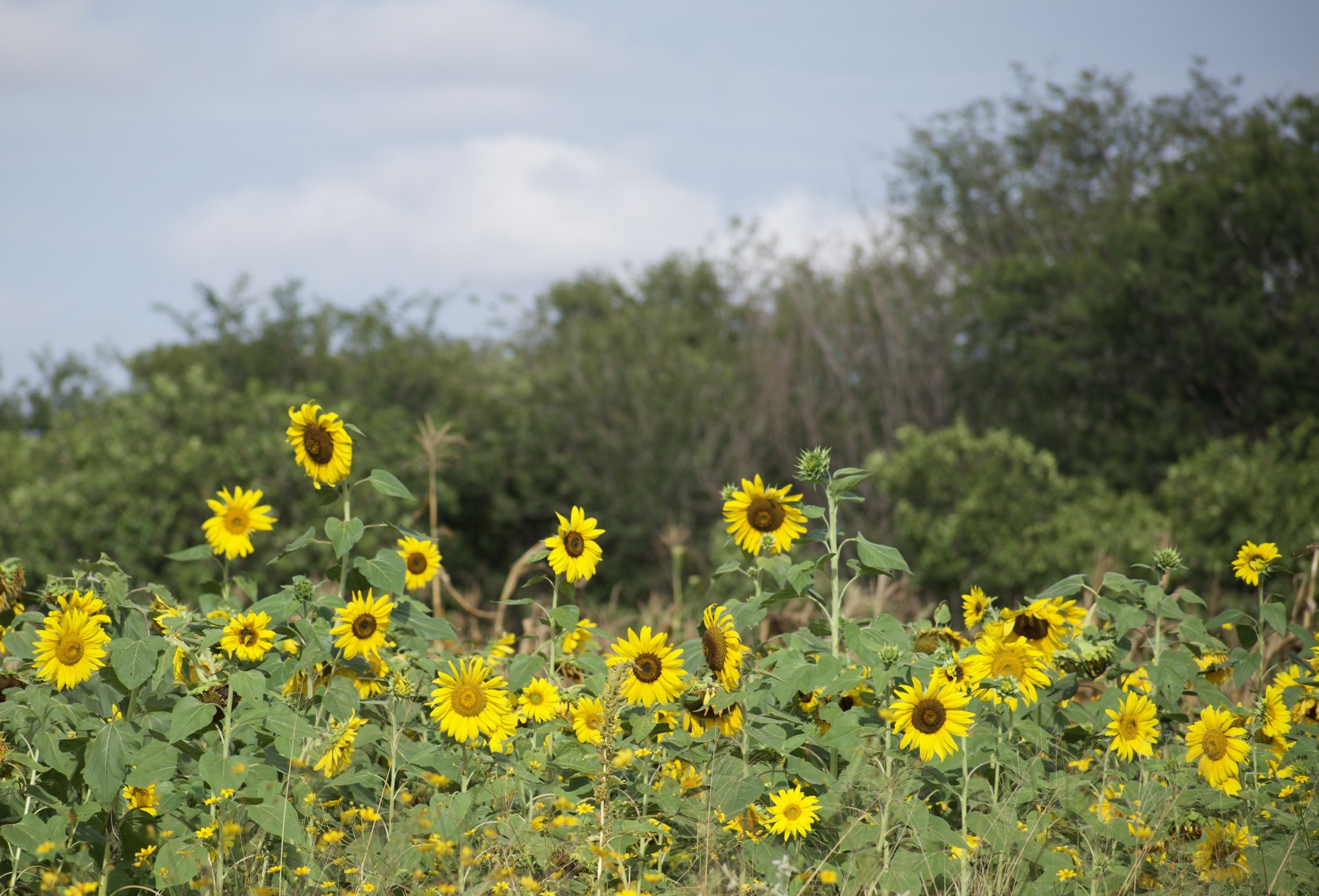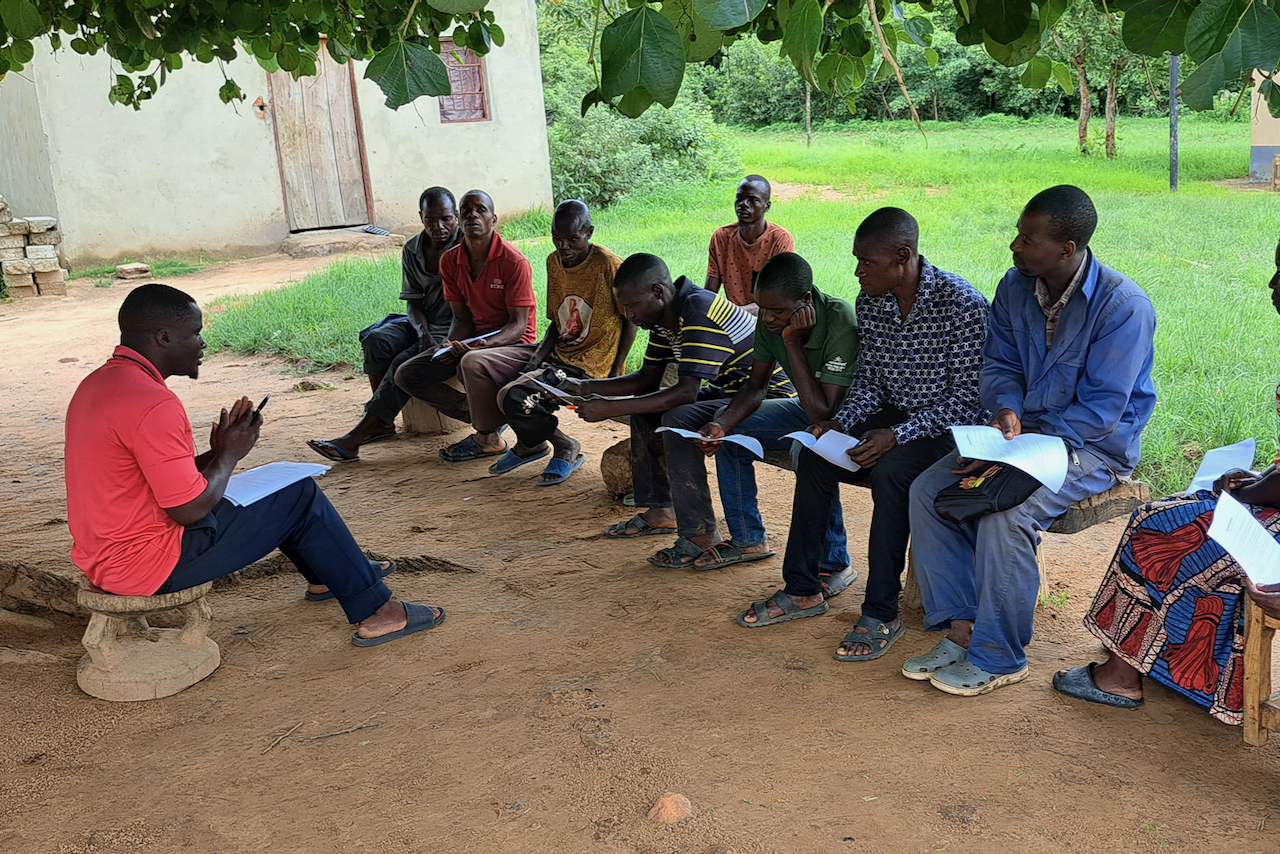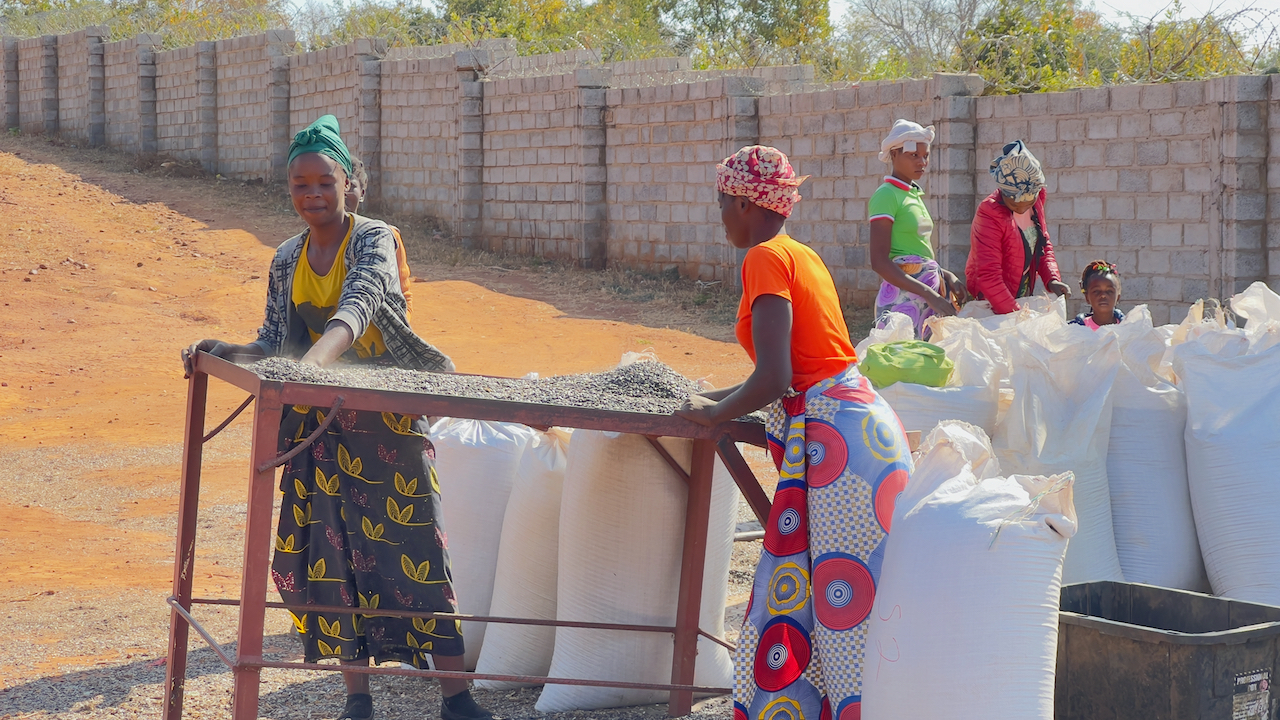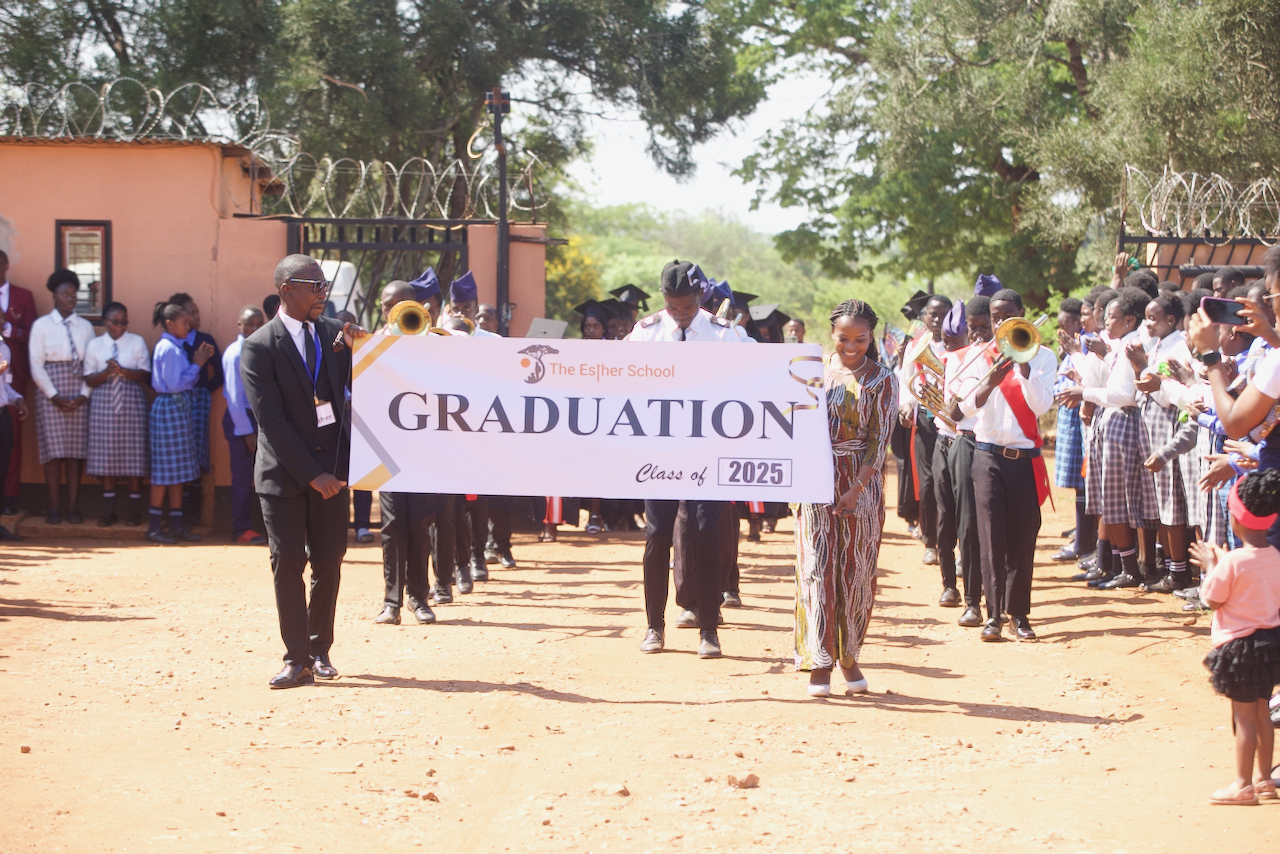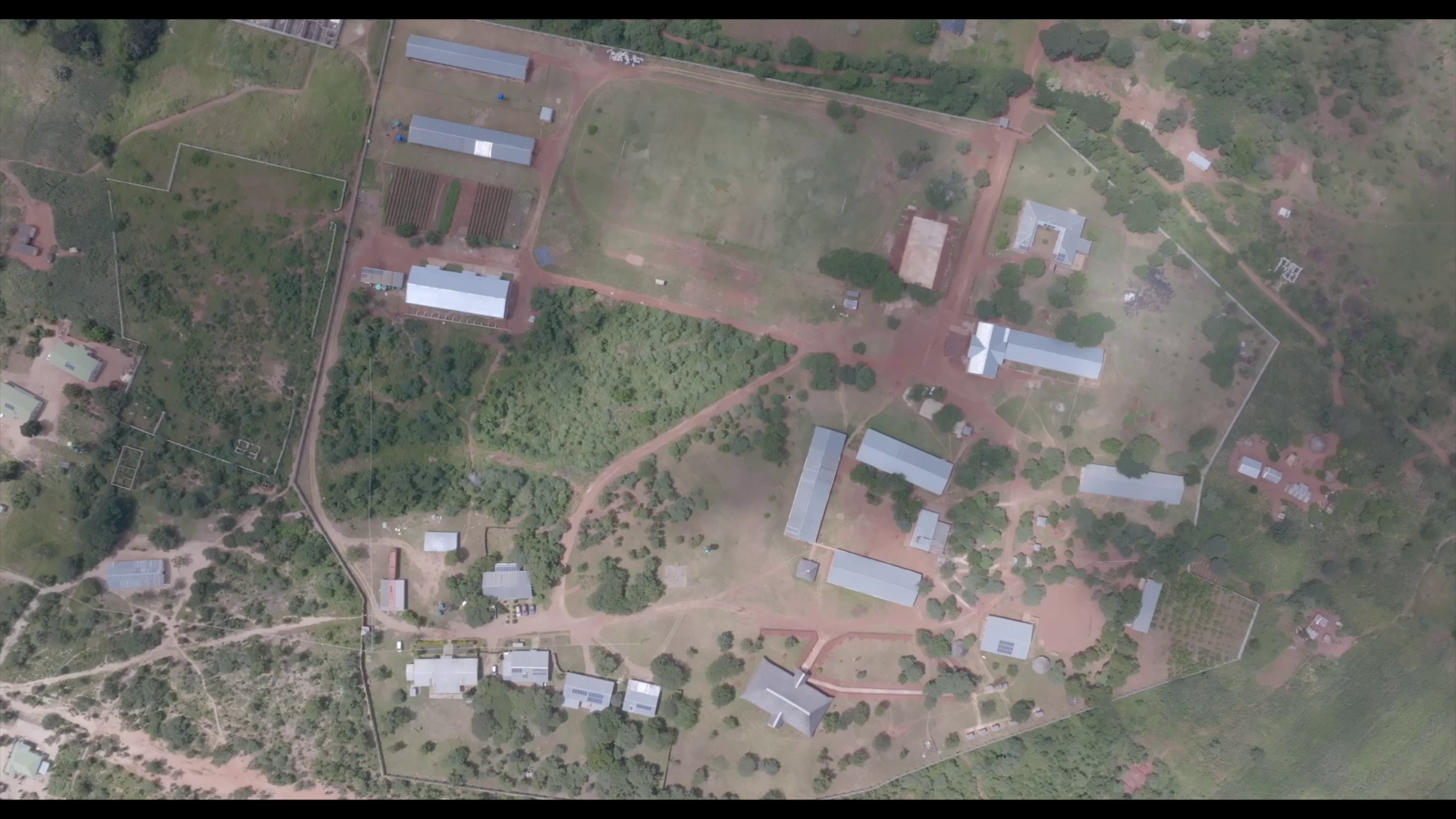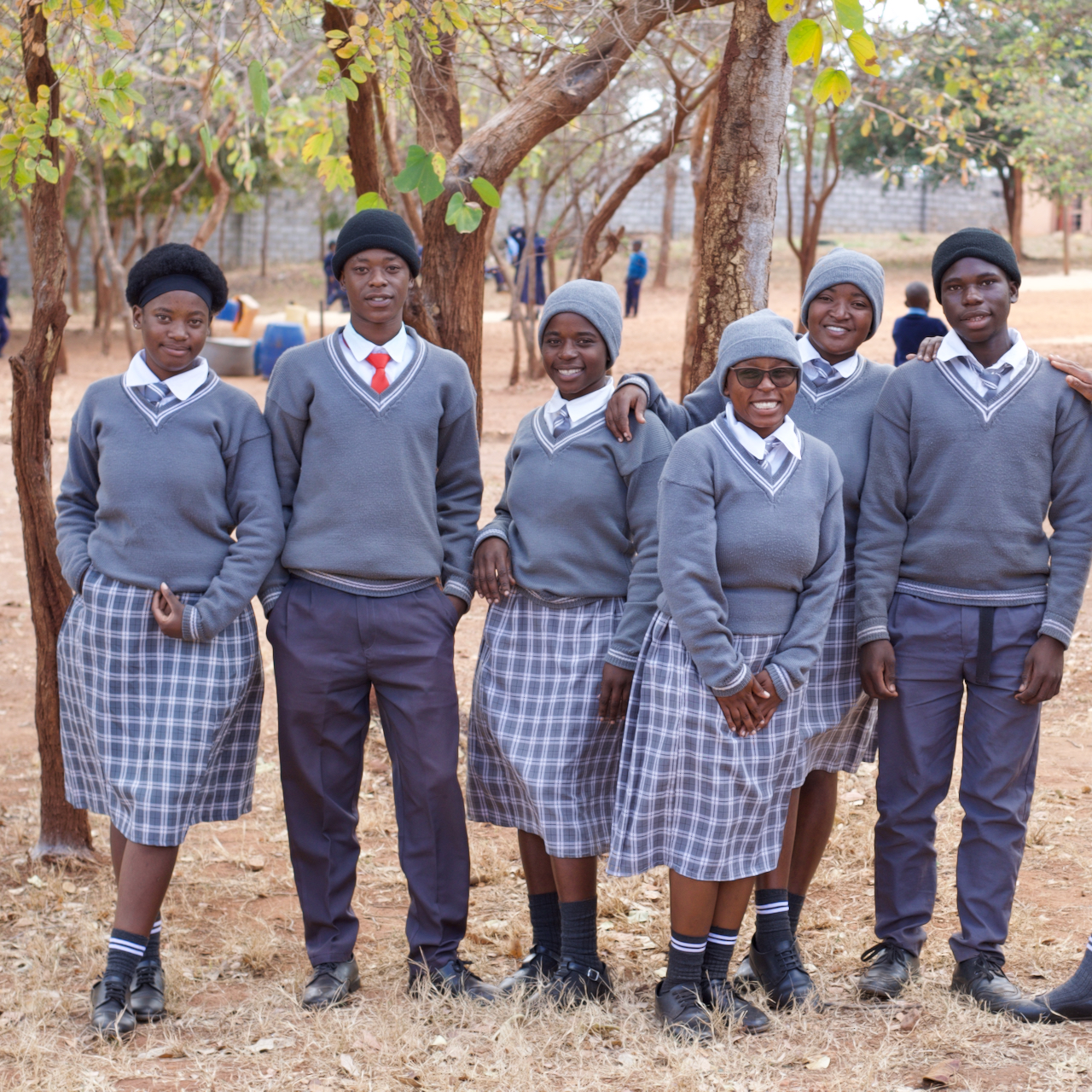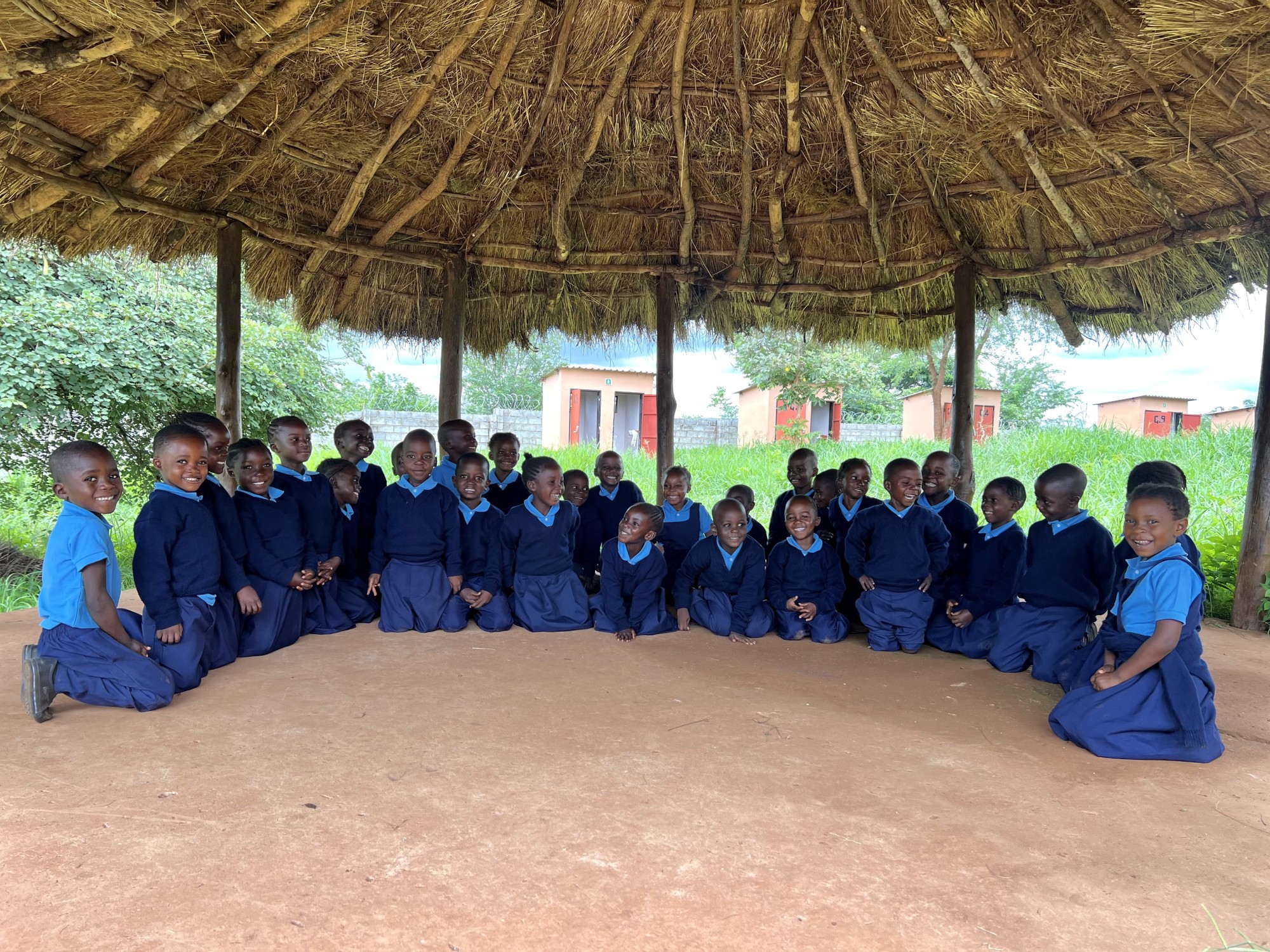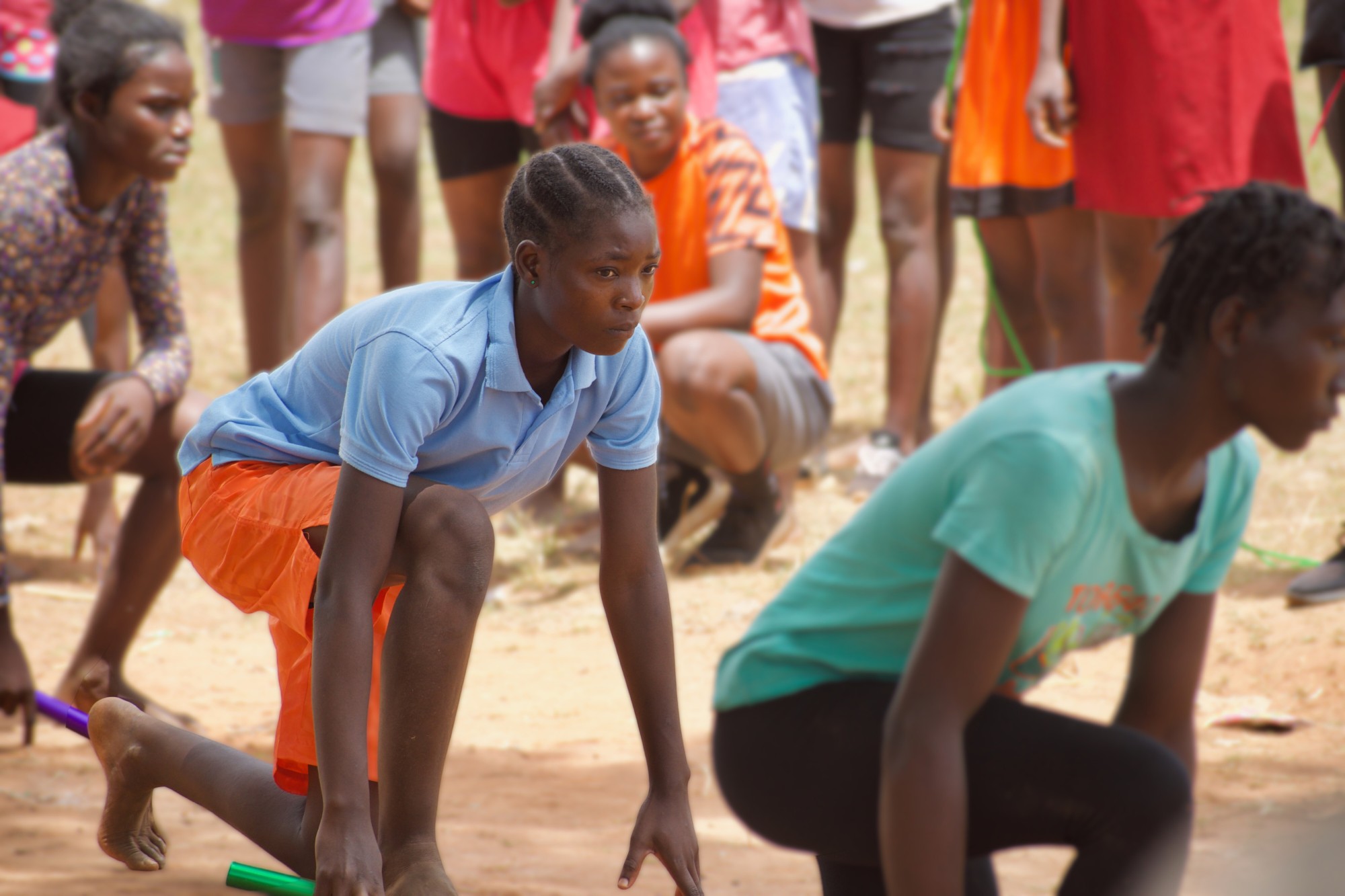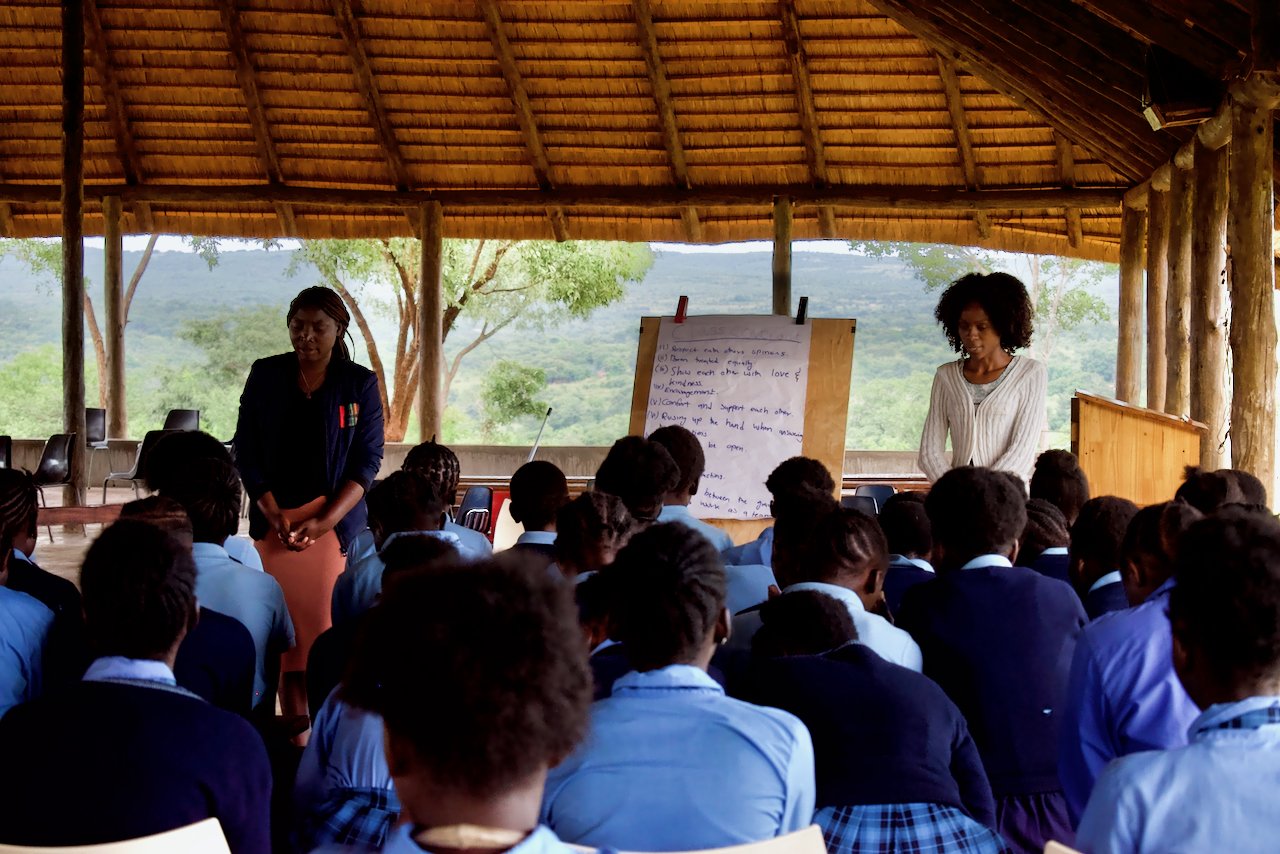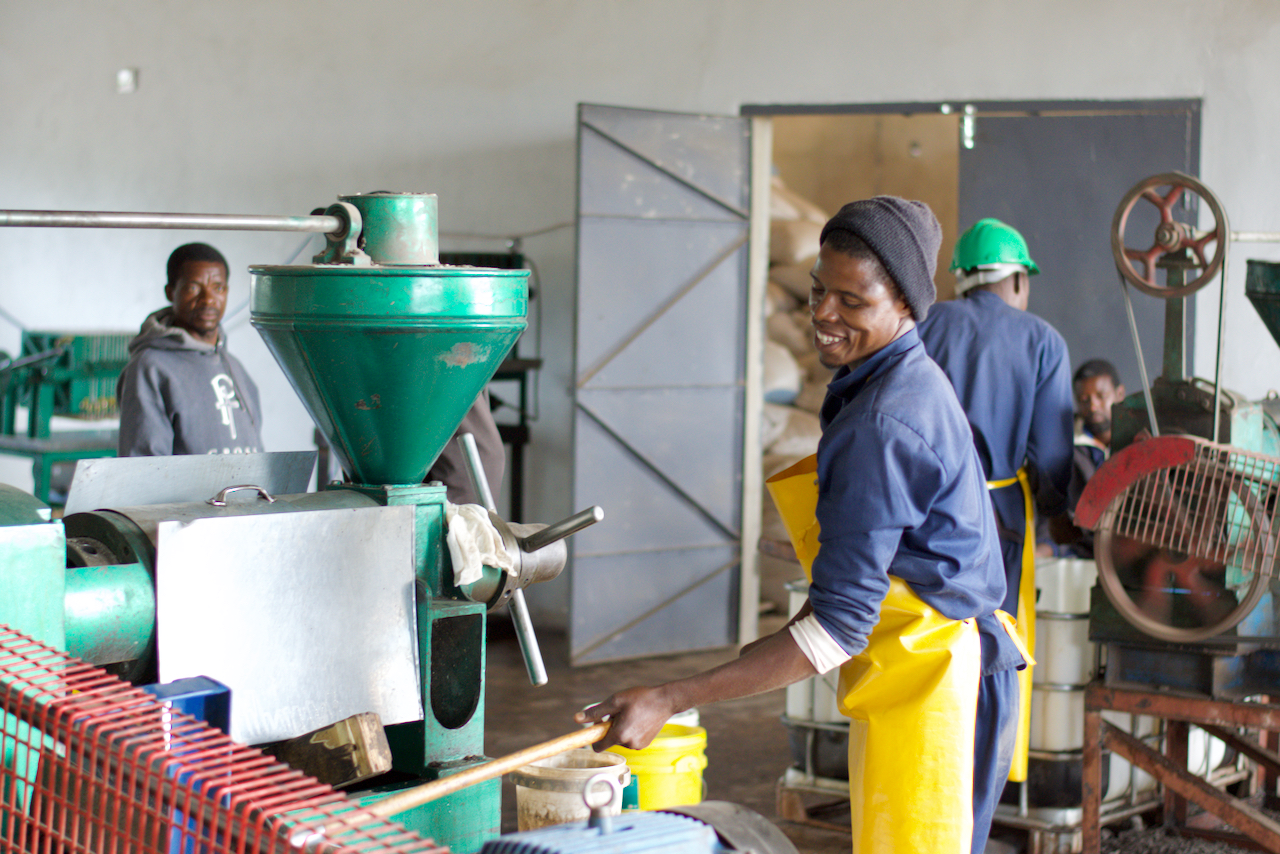
The Sunflower Project is an innovative program at The Esther School (TES) created to partner with local farmers through sunflowers. From the beginning, its success has relied on meeting with farmers throughout the process - providing accountability, guidance through training, and encouragement through prayer and God's word. Farmers receive seeds from TES, and project leaders train the farmers on the proper techniques for growing and maintaining their crops. After harvesting, they sell the new sunflower seeds to the organisation. Then, using its oil press, TES processes these seeds into cooking oil, which is sold to the community and beyond. The cooking oil sales directly support TES's operations and benefit the students.
The project began in 2022 with 31 farmers. Starting small allowed the leaders to learn how to run the project effectively. The following season, the community's excitement for growing sunflowers grew, and more farmers chose to partner with TES. Testimonies from their neighbours who were part of the project even inspired many farmers to independently grow sunflowers, still bringing what they harvest to TES to process into cooking oil. Everyone could see how God was blessing families, TES, the community, and the students through the growing success of the Sunflower Project.
In 2024, however, a severe drought struck Zambia, devastating many people nationwide. The president declared a national emergency as the country faced agriculture production and water supply shortages. Partners in the Sunflower Project found their harvests smaller than in previous years. Despite the challenging circumstances, TES continued to uplift the farmers through ongoing prayer and support. People turned to God and relied on Him for the future.
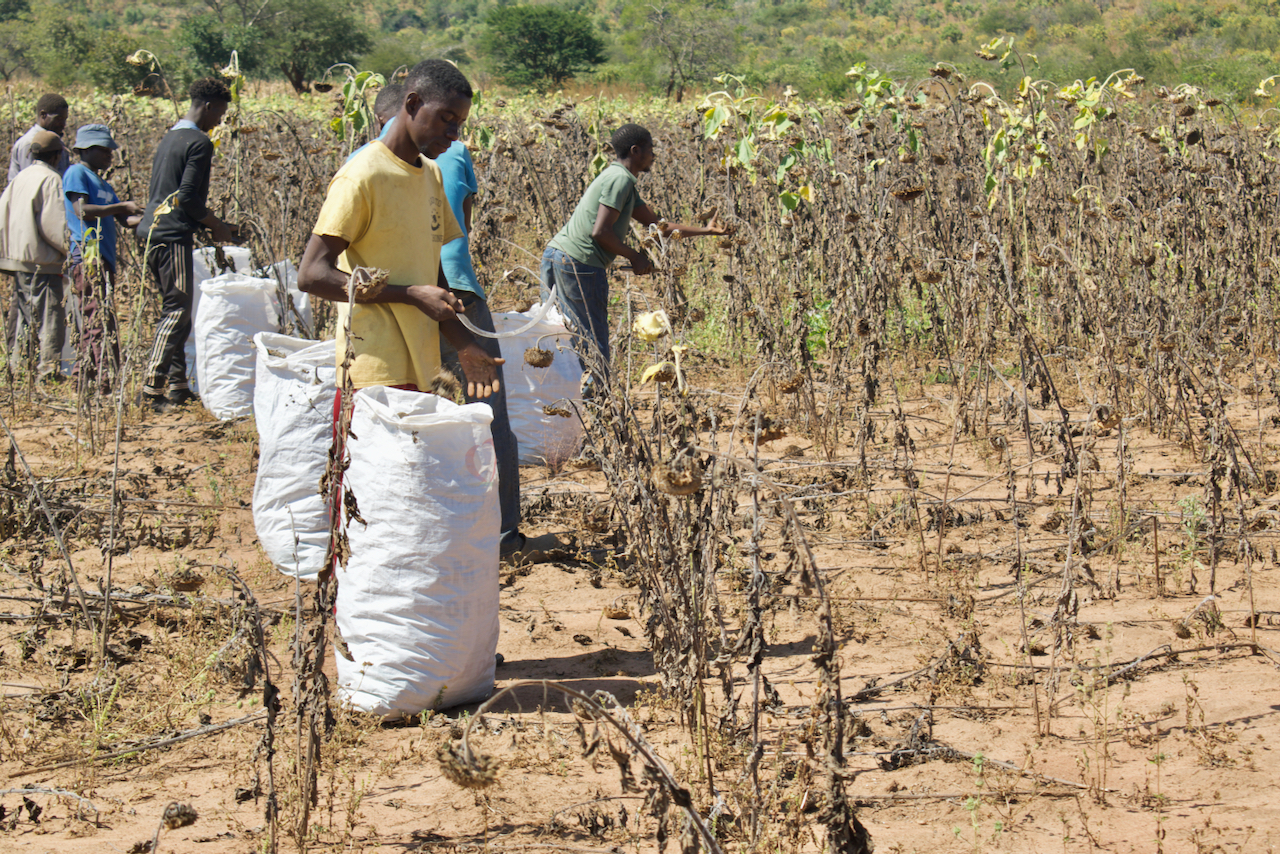
As the 2025 growing season approached, the community was anxious yet optimistic for a better outcome than the previous year. They patiently awaited the arrival of the rains. Remarkably, the number of participating farmers grew to 255 - showing that people believed God would provide! Then, after a few light showers, January brought heavy rain. The more the rainclouds downpoured, the more excitement and gratitude the community showed. The rains answered their prayers, marking a hopeful turn for the community and the country. The landscape was growing lush, the water supply was replenishing, and the country was stabilising. The partners in the Sunflower project prayerfully planted their seeds, watched their sunflowers bloom taller, and ultimately harvested a stronger yield than the year before.
This year's increase in the number of partners and the improved harvests are bringing TES closer to a sustainable future, which is possible because God is guiding the Sunflower Project. He is bringing more people to partner with the school, teaching everyone to rely on Him through difficult times, and positively impacting people in the community. Everyone at TES and within the community is excited to see how God continues to bless countless individuals, families, and students through the Sunflower Project
